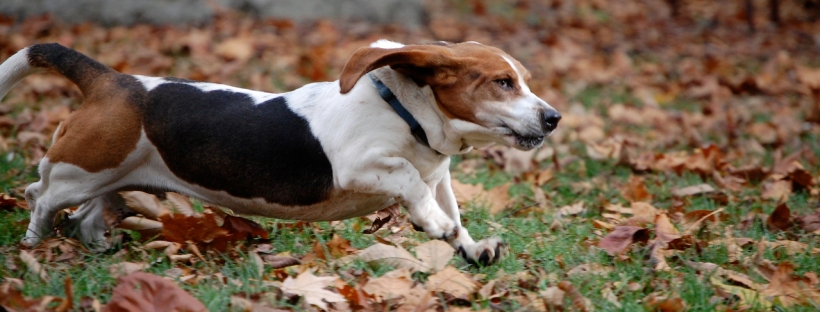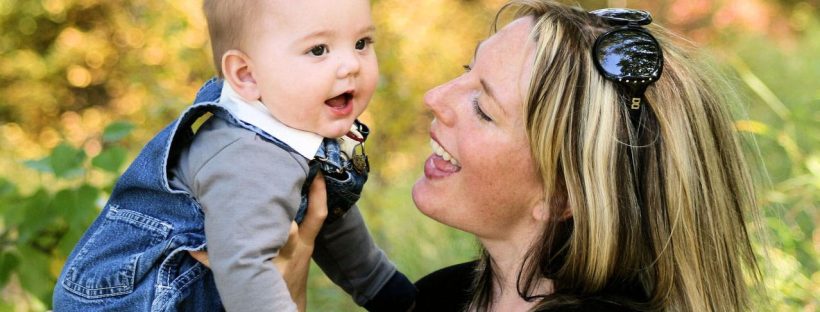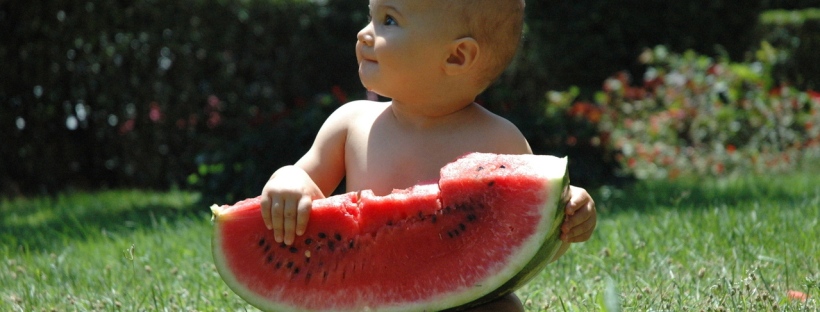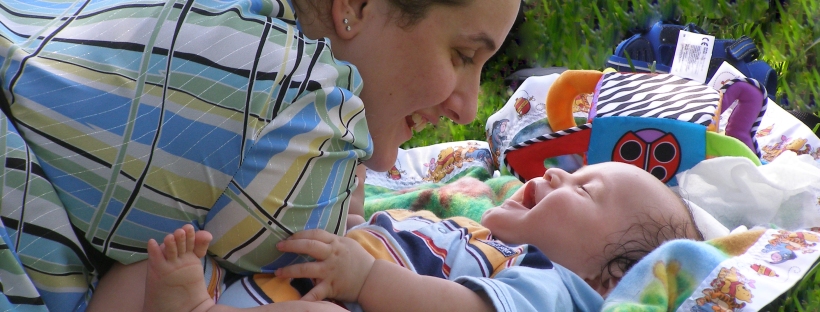Starting from as early as 3 months.
Begin to label objects, people, and actions that she is looking at. This will give her an idea of nouns and verbs. For instance, if she is looking at a dog, say: “Oh, there is a dog! That is a dog.” Or, if the dog is running, you can say: “Look, the dog is running! He is running so fast.”
WHY? William Fowler, an educational psychologist, developed a program that emphasizes how and when to speak to babies. The essence of his program is to introduce language development stages before the baby has exhibited meeting each stage. He studied the program’s effectiveness on 30 children and found: first words spoken between 7-9 months; some spoke sentences at 10 months; and most became proficient in basic rules of grammar by the age of 2 years old. These basic language milestones were achieved several months ahead, and in the case of grammar, achieved it a whooping 2 years ahead when compared to babies in normal environments.






